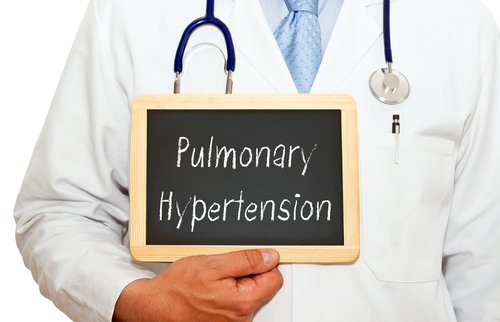SLE Patients with Antiphospholipid Antibodies at Risk for Pulmonary Hypertension, Study Finds
Written by |

The presence of antiphospholipid antibodies (aPL) in circulation may aid identify patients at risk for pulmonary hypertension (PH) and associated pulmonary arterial hypertension (PAH) among people who already have systemic lupus erythematosus (SLE).
So says a study, “Antiphospholipid antibodies can identify lupus patients at risk of pulmonary hypertension: A systematic review and meta-analysis,” appearing in the journal Autoimmunity Reviews.
Lupus patients risk developing cardiovascular and pulmonary lesions. These complications can ultimately lead respiratory secondary disorders that worsen quality of life and SLE patients’ outcome. This is why it’s critical to find ways to efficiently identify those at risk.
In this study, authors evaluated the incidence of PH in SLE patients, and its possible link to the presence of antiphospholipid antibodies (aPLs).
Scientists recognize aPLs as risk factors for the formation of blood clots that obstruct blood flow, or thrombosis. Persistent expression of these antibodies can cause antiphospholipid syndrome (APS), with recurrent venous, arterial or small vessels thromboses commonly associated with SLE.
The authors reviewed 31 studies, including five cohort, 13 case-control and 13 cross-sectional studies, which allowed them to access clinical information on 4,480 SLE patients. They found that 12.3 percent of aPL-positive patients had PH, whereas only 7.3 percent of aPL-negative patients had it. This shows that the antibodies more than double the risk of SLE patients developing PH.
In addition, SLE patients with aPL had a much higher risk of PAH, which was present in 18.9 percent of antibody-positive patients but only 9.4 percent of antibody-negative patients. Overall aPL-positive SLE patients had a 2.62-fold increased risk for PAH.
This indicates that testing for the presence of aPL may help identify those patients most at risk of PH and PAH.
“For everyday practice, in aPL-positive patients with SLE, especially those with symptoms, echocardiographic monitoring should be mandatory to screen pulmonary hypertension before referral for further evaluation for the confirmation and the treatment of PH,” authors suggested.




